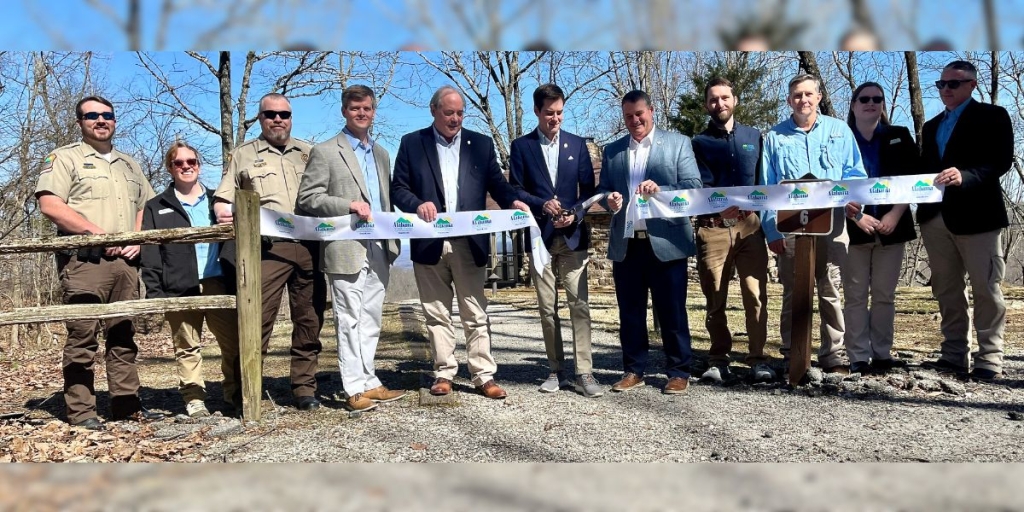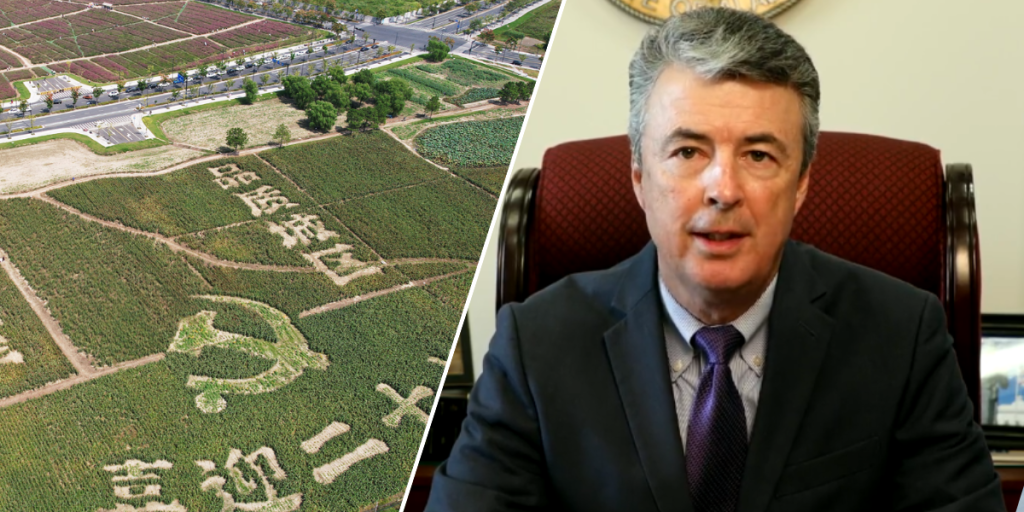In his infrequent role as parking lot shuttle driver, Todd Flowers knows what’s coming.
“When we hit the gap in the trees, where they first see the mill, you ought to hear the gasps,” he says, saying it’s one of the favorite parts of his job managing Yellowleaf Creek Mill with his wife, Danyula.
It’s a similar experience at Christmastime, as people will line the little one-lane wooden bridge spanning the creek just below the 150-foot-long dam as they photograph the winter scene when the red wood building is covered in holiday white icicle lights.
The grist mill is at least 164 years old (some records indicate it may go back as far as 1841), having once processed up to 4,500 pounds of cornmeal, flour and grits each day. At the height of business, the Clanton mill was selling its products in more than 200 stores in Chilton and surrounding counties. It was the last water-powered mill in the state when its doors closed in 1990.
The former Shannon’s or Miller’s mill fell into disrepair, sitting shuttered for decades until a Birmingham businessman found out about it and considered moving it to Shelby County. He instead bought Yellowleaf Creek Mill in 2014 and restored it in place.
“It was in awful shape,” Flowers says. “What we have now was David Brogdon’s vision.”
Local craftsmen spent months bringing the mill back to life, retaining most of the original equipment and restoring it to working order. To make it an event venue, a covered wood deck was built around two sides of the mill, a covered stone patio was erected alongside the dam (totaling 2,000 square feet beneath the awnings) and a curved covered pier was built on the edge of the lake above the dam. The old blacksmith shed where buggy repairs were done while farmers’ corn was milled has become a storage area and bar.
“A guy came in one day and said, ‘Is the hole still in the wall?’” says Flowers. “The blacksmith kept the hot coals inside that hole to be ready to shoe horses and do other work for the mill customers. We left it intact during restoration. Man, if these walls could talk.”
Inside, the room next to the primary production areas of the mill was converted into a commercial kitchen. A large polished marble slab was placed on top of the original flour sifter to become the kitchen island. Much of the ground floor was left intact, with huge belts, wheels, pullies and gears running throughout the buildings. The vintage equipment stands ready to roll again: a machine that removed corn from the cob; a roller that converted grain into flour; a grist grinder; a storage bin and bagging scales. Hanging on the wall is an original bag used to fill the white corn meal. Original grinding stones, weighing several thousand pounds each, are scattered on the grounds.
“It really wouldn’t take that much to get it all running again,” Flowers says, looking through a window at the 16-foot-tall steel water wheel recently fitted with new bearings. “They say that when it was engaged, this whole mill would shake. I would give anything to have seen it in operation.”
Just outside the production room is the new Groom’s Room featuring a 120-inch video screen and surround sound. The spacious room with a high wood-beam ceiling and belt-driven fans has sofas and chairs in the center and a woodstove on one wall. The roar of the nearby waterfall is ever-present. An old wall telephone’s number is BR-549.
Up the stairs is the Bridal Suite, with beds on both sides of the uppermost mill belt-drive mechanisms. There’s a widescreen TV and clawfoot tub in an open area, and an adjoining large bathroom and shower. A stained-glass artwork depicting the mill is on the ceiling. Floor-to-ceiling windows overlook Yellowleaf Creek and the dam, which is illuminated at night.
“It’s really beautiful when the sun starts shining through in the morning,” Flowers says.
A large-stone walkway with a wooden handrail was built from one deck to the creek as another perk for the weddings, reunions, proms, corporate meetings, parties, fundraisers and similar events hosted by the Flowers over the past five years. Since Jan. 1, Transformation Ministries has owned the facilities.
Yellowleaf Creek Mill can accommodate up to 225 people and has nearly 3 acres of parking space. The managers anticipate having concerts and dinner theater in the summer and fall.
An open house last year brought a huge crowd of people wanting to get a look at a place many residents recall from childhood. After website The Knot named Yellowleaf Creek Mill the nation’s No. 1 wedding venue for 2019, the phone began “ringing off the hook,” with many of the calls from outside Alabama.
“It just amazes me that a little grist mill in central Alabama could interest people around the world,” Flowers says. “We’re so thankful Mr. Brogdon decided to preserve this historic, picturesque place.”
This story originally appeared in Alabama Power’s Powergrams.
(Courtesy of Alabama NewsCenter)












